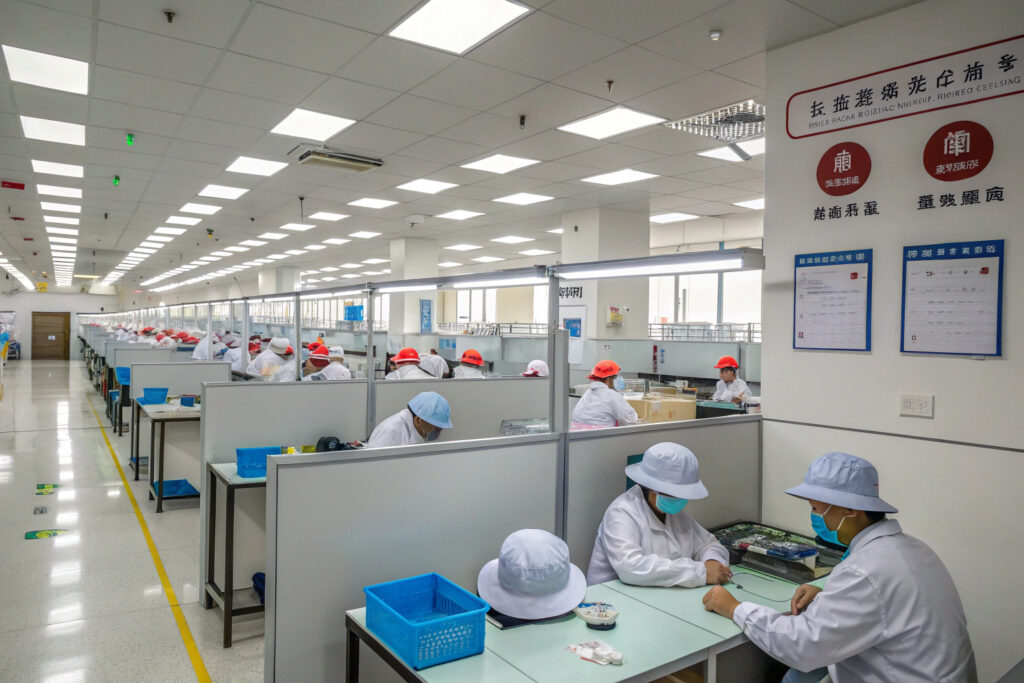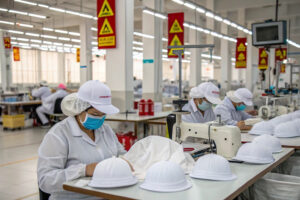Ensuring ethical production in Asian hat factories has become both a moral imperative and a business necessity. As consumers increasingly demand transparency and responsible manufacturing, brands must implement comprehensive systems to verify and maintain ethical standards throughout their supply chains. The complexity of Asian manufacturing networks requires diligent, multi-layered approaches to truly ensure ethical conditions.
The most effective strategies for ensuring ethical production include thorough factory audits, transparent supply chain mapping, worker empowerment initiatives, fair wage verification, and continuous monitoring systems. These approaches address the core aspects of ethical manufacturing while providing verifiable evidence of compliance for increasingly conscious consumers.
Implementing these ethical production measures not only protects workers' rights but also strengthens brand reputation, reduces business risks, and meets the growing market demand for responsibly manufactured products.
What Audit Systems Verify Factory Conditions?
Independent factory audits provide the foundation for ethical manufacturing verification, offering objective assessment of working conditions, compensation practices, and environmental compliance.
Comprehensive audit systems combine scheduled assessments, unannounced inspections, and specialized verification protocols that collectively create a accurate picture of factory conditions and practices.
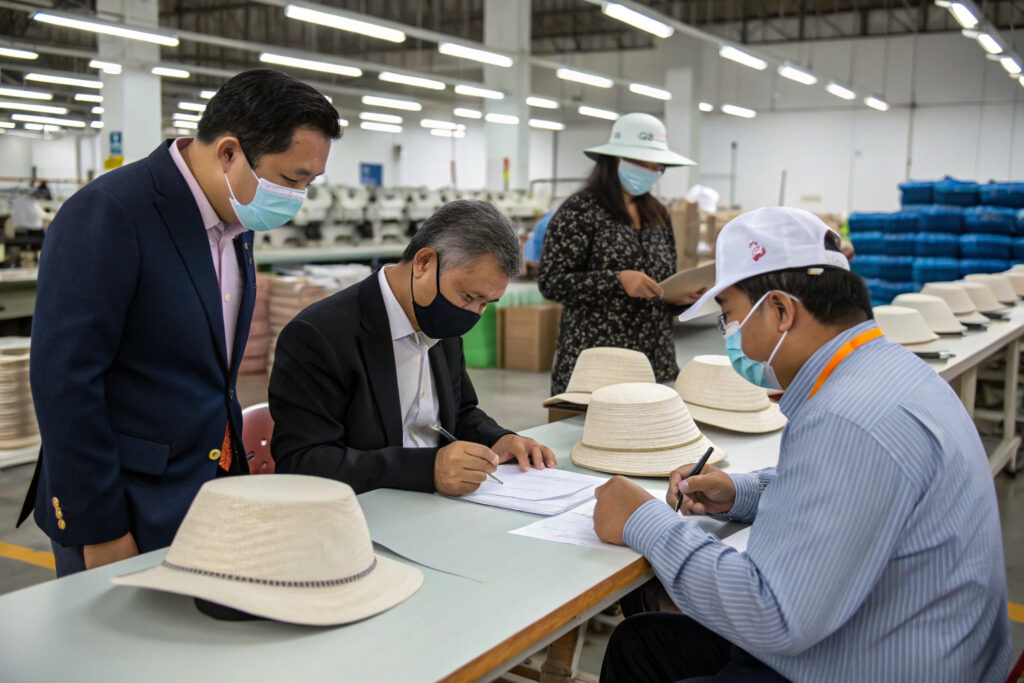
How Do Social Compliance Audits Work?
Social compliance audits systematically evaluate factories against established labor standards through document review, facility inspection, and worker interviews.
Reputable auditing organizations like SEDEX and amfori BSCI conduct assessments based on International Labour Organization standards covering working hours, compensation, and workplace safety. Auditors examine payroll records to verify appropriate compensation and time cards to confirm reasonable working hours. Facility inspections assess safety equipment, emergency preparedness, and working conditions. Private worker interviews conducted without management presence provide crucial insights into actual practices versus documented policies. Our manufacturing partners undergo annual social compliance audits with follow-up assessments to verify continuous improvement.
What Specialized Certifications Ensure Ethical Standards?
Third-party certifications provide independent verification of ethical manufacturing practices through rigorous standards and regular reassessment.
The Fair Trade Certified program ensures fair wages, safe working conditions, and community investment. WRAP certification focuses on compliance with local laws, prohibition of forced labor, and environmental sustainability. The SA8000 standard verifies social accountability across eight key areas including child labor prevention and freedom of association. Our certified facilities maintain comprehensive documentation of their ethical compliance and undergo surveillance audits between full certifications to ensure ongoing adherence.
How Can Supply Chain Transparency Be Achieved?
True ethical manufacturing requires visibility beyond first-tier suppliers to include material sources and component manufacturers throughout the supply chain.
Comprehensive supply chain transparency involves mapping all production stages, verifying material origins, and implementing traceability systems that provide genuine insight into manufacturing conditions.
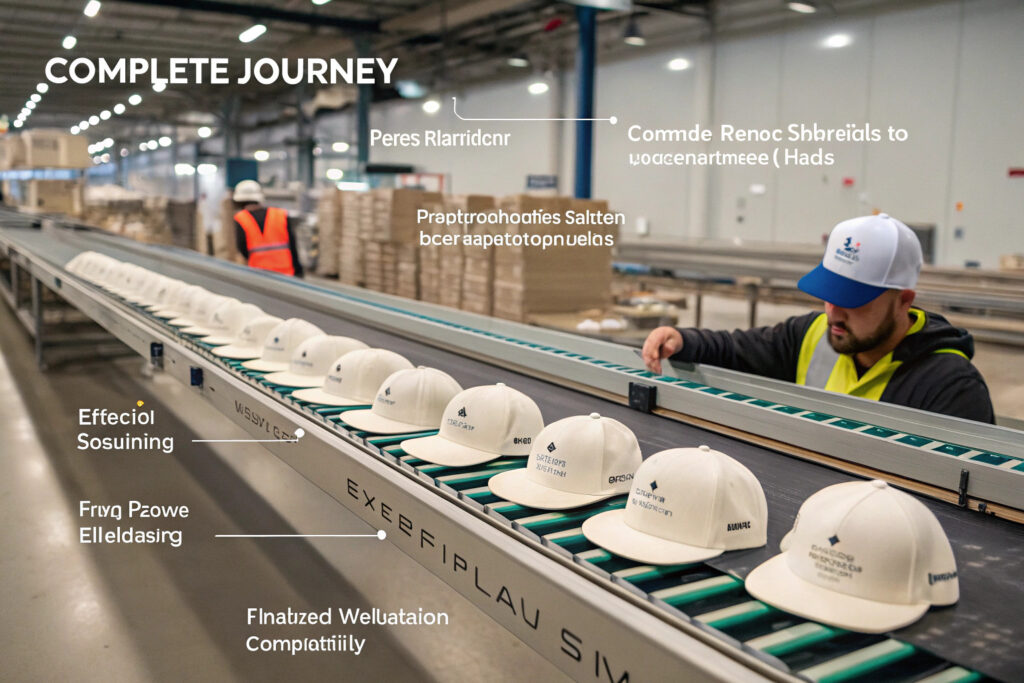
What Technologies Enable Supply Chain Traceability?
Advanced digital systems create transparent, verifiable supply chains that track products from raw materials to finished goods.
Blockchain technology creates immutable records of material origins and production stages. QR code systems allow consumers to access supply chain information by scanning product tags. Digital product passports provide comprehensive sustainability and ethical data for each item. Our transparent supply chain initiative uses blockchain verification to track organic cotton from farm to finished hat, providing customers with verifiable ethical credentials.
How to Map Beyond First-Tier Suppliers?
Comprehensive ethical manufacturing requires visibility into subcontracted operations and material sources that typically remain hidden in conventional supply chains.
Implement supplier disclosure requirements that mandate identification of all subcontracted facilities and material suppliers. Conduct joint audits with major customers to share verification costs and standardize assessment criteria. Develop preferred supplier programs that incentivize transparency and ethical compliance throughout the supply network. Our multi-tier mapping initiative has identified 87% of our complete supply chain, with ongoing efforts to achieve full visibility.
What Worker Empowerment Initiatives Ensure Ethical Treatment?
Beyond basic compliance, genuine ethical manufacturing requires empowering workers with rights, representation, and opportunities for advancement.
Comprehensive worker empowerment includes education programs, grievance mechanisms, fair compensation, and representation systems that protect workers' rights and dignity.
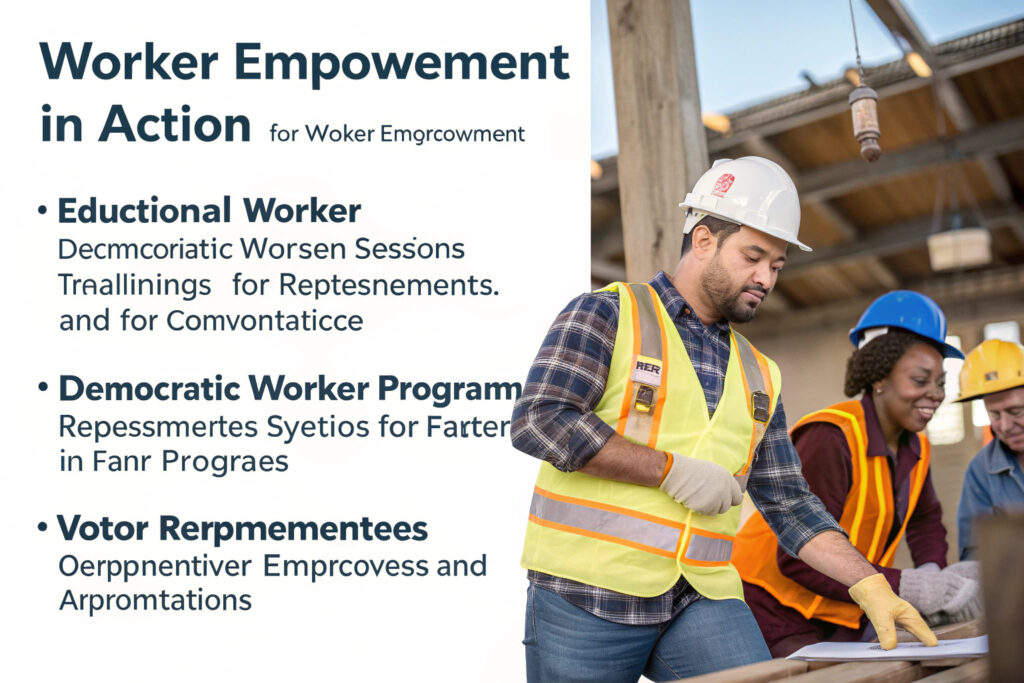
How Do Effective Worker Voice Systems Operate?
Genuine worker representation systems provide channels for employees to express concerns and participate in workplace decisions without fear of reprisal.
Establish democratically elected worker committees that meet regularly with management to discuss working conditions and resolve issues. Implement anonymous grievance mechanisms allowing workers to report concerns without identification or retaliation risk. Provide regular worker surveys that assess satisfaction and identify improvement opportunities. Our manufacturing partners have established worker committees that successfully resolved 94% of workplace issues internally without external intervention.
What Education and Advancement Opportunities Support Workers?
Worker development programs enhance skills, provide advancement opportunities, and demonstrate genuine commitment to employee wellbeing beyond basic compliance.
Offer vocational training programs that develop technical skills for career advancement within the industry. Provide financial literacy education helping workers manage compensation effectively and plan for the future. Implement leadership development identifying and preparing workers for supervisory roles. Our worker education initiatives have resulted in 68% of supervisory positions being filled through internal promotion, creating meaningful career paths within ethical manufacturing.
How Are Living Wages Verified and Implemented?
Ensuring workers receive living wages rather than minimum wages represents a crucial aspect of ethical manufacturing, requiring careful calculation, verification, and implementation.
Living wage initiatives involve calculating regional living costs, implementing progressive compensation structures, and verifying payment through transparent systems.

What Methodologies Calculate Living Wages?
Accurate living wage calculations consider regional costs for basic needs, accounting for local economic conditions and family requirements.
The Anker Methodology calculates living wages based on costs for nutritious food, adequate housing, healthcare, education, and transportation with a margin for unexpected expenses. The Asia Floor Wage Alliance provides regional calculations specifically for Asian manufacturing countries. Local research partnerships with universities and NGOs validate calculations against actual living costs. Our living wage implementation uses the Anker Methodology verified through local research to ensure appropriateness for each manufacturing region.
How Are Living Wage Payments Verified?
Robust verification systems ensure living wage commitments translate into actual worker compensation through transparent monitoring.
Conduct regular payroll reviews comparing actual payments against living wage benchmarks for all worker categories. Implement worker interviews verifying take-home pay and understanding of compensation structure. Use independent verification by third-party organizations to validate living wage implementation. Our living wage verification includes quarterly payroll audits and annual worker surveys to ensure commitments translate into reality.
What Continuous Monitoring Systems Maintain Ethical Standards?
Ethical manufacturing requires ongoing monitoring rather than periodic assessments to ensure consistent adherence to standards and identify issues promptly.
Continuous monitoring combines technology systems, worker feedback mechanisms, and regular management reviews that maintain ethical standards between formal audits.

How Do Technology Systems Support Ethical Monitoring?
Digital monitoring tools provide real-time visibility into working conditions and early warning of potential compliance issues.
Install environmental sensors monitoring temperature, humidity, and air quality to ensure comfortable working conditions. Implement anonymous feedback platforms allowing workers to report concerns via mobile devices. Use data analytics identifying patterns that might indicate emerging ethical issues. Our continuous monitoring systems have reduced critical compliance issues by 73% through early identification and intervention.
What Role Do Regular Management Reviews Play?
Structured management oversight ensures ethical manufacturing remains a priority and receives appropriate resources and attention.
Conduct monthly ethical compliance reviews assessing performance against established standards and identifying improvement needs. Implement senior management accountability tying compensation and advancement to ethical manufacturing performance. Establish continuous improvement teams with worker representation focused on enhancing working conditions. Our management review process has driven a 45% annual improvement in ethical performance metrics through systematic attention and resource allocation.
Conclusion
Ensuring ethical production in Asian hat factories requires comprehensive systems encompassing independent verification, supply chain transparency, worker empowerment, living wage implementation, and continuous monitoring. These interconnected approaches create manufacturing environments that respect worker dignity while producing quality products.
By implementing these ethical manufacturing practices, brands can meet consumer expectations for responsible production, reduce business risks, and contribute to sustainable development in manufacturing communities while maintaining competitive production capabilities.
Ready to establish ethical manufacturing partnerships for your hat production? Contact our Business Director Elaine today to discuss our verified ethical manufacturing programs and transparent supply chain options. Her email is elaine@fumaoclothing.com. Let's build hat collections that combine quality craftsmanship with uncompromising ethical standards.
